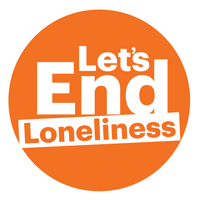We like predictability. We function best when we know what is going to happen. The irony here is that after all this uncertainty, predictability in this phase of the pandemic in New Zealand is increasing. As the Omicron wave gathers strength, we can most likely expect a version of what happened in other countries: a steep increase in case numbers, exerting pressure on the health and social care system.
New Zealand’s successful management of the primary health impacts of the pandemic may have contributed to a sense of “kiwi exceptionalism”. This may be responsible for the jolt we may feel when we realise that what has happened elsewhere might actually happen in New Zealand, when, for most of this pandemic, our experience has been very different.
So, how do we negotiate this Omicron-fuelled period of predictable unpredictability?
At the beginning of any crisis, there is a coming together which we can think of as a honeymoon period. But as we progress, life becomes more complex, and we realise that a return to some kind of regularity is further off and more complex than we first thought. The experience of togetherness that may have characterised the easiest stages of the pandemic has waned. Fast forward through a few waves of the pandemic, emerging variants, and ebbing and flowing of restrictions, and we arrive at a place where people’s expectations and needs about what happens next can differ from each other, sometimes greatly.
Read the full Guardian article by Sarb Johal here.

